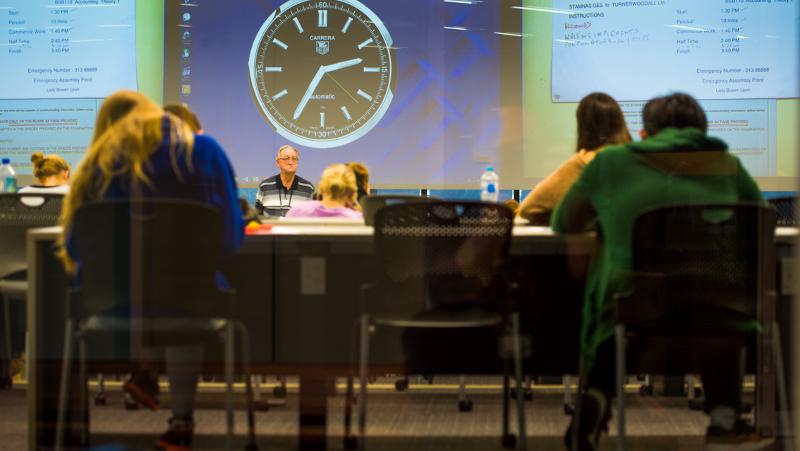
A leading educator in science, technology, education and mathematics (STEM) studies is calling for a national rural education strategy in the wake of Australia’s backwards trend in international student rankings.
QUT Associate Professor Terry Lyons has been involved in science education for more than 30 years and his research evaluates national and international STEM trends, particularly in rural and remote regions.
Associate Professor Lyons’ analysis of Australian students’ performance in the OECD’s latest global education survey (PISA) results showed a widening gap in scientific literacy between students in metropolitan and regional areas.
“The gap is now at its widest point since 2006 with a 26 point difference between the mean scores of metropolitan and provincial students, compared to a 10 point difference in 2006.
“While the mean score of remote students remained steady, it is still 18 points lower than provincial students and well below the OECD average.
He said the 2003 PISA results prompted Australia’s largest national survey of rural and regional STEM education in 2005.
“Unfortunately, successive governments have ignored that report’s recommendation for a national rural education strategy, despite the widening gap.
“Queensland students recorded a drop of 23 points in scientific literacy since 2009, the biggest drop of all states and territories though equal with New South Wales.”
Dr Lyons also suggested a closer analysis and review of the specific PISA test items was needed to compare them against the ACARA curriculum and the content skills and knowledge of graduate teachers.
Such an analysis is backed by QUT leading mathematics educator Professor Lyn English, a strong advocate for applying students’ learning to everyday mathematic problems.
“PISA tests students’ skills in tackling problems beyond school curricula as well as those experienced in school,” Professor English said.
“I suggest greater emphasis be placed on how we teach maths with respect to helping students more effectively link new learning to what they already know and be challenged to solve problems they are likely to meet beyond school.”
“Success in today’s word requires being able to think outside the square and engage in critical inquiry.”
MEDIA CONTACT: Debra Nowland, QUT Media Officer, 07 3138 1150 or media@qut.edu.au and after hours Rose Trapnell on 0407 585901




